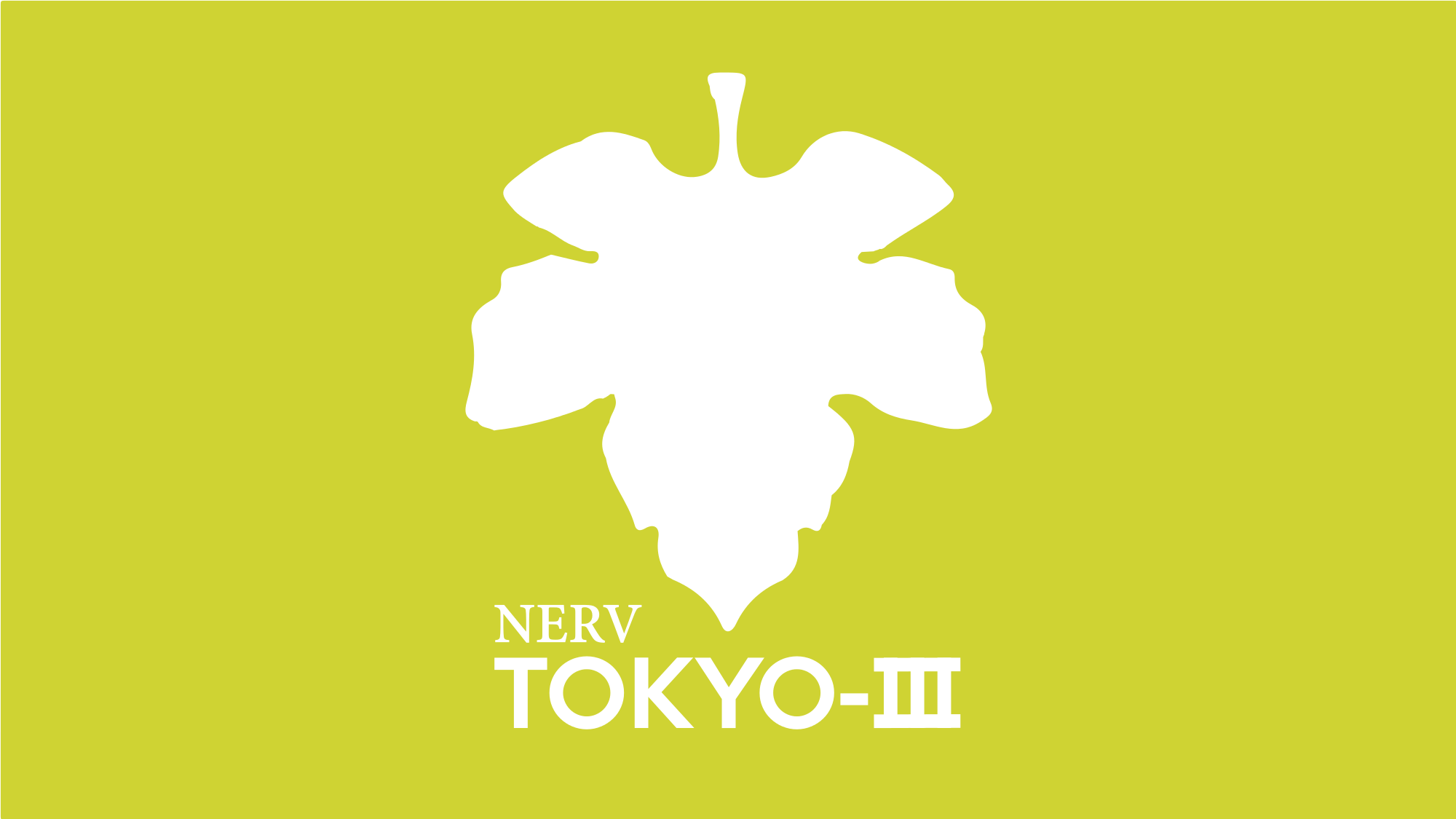“So the main character just walked into this girl’s apartment. She’s not there so he starts to look around. He finds some glasses and tries them on, and then turns around when he hears a noise. Turns out she is home, and she just walked in wearing nothing but a towel. She walks straight towards him to grab the glasses back. He trips, somehow flinging open her underwear drawer and launching her undergarments across the screen. And then he lands right on top of her. They literally have like twelve angles of him just on top of her with her underwear everywhere. Oh, and would you look at that, his hand ‘happened’ to land directly on her breast. She, somehow, doesn’t seem to care about this whole incident. And the worst part? You know how old this girl’s supposed to be? 14.”
So went my over-text play-by-play of a scene from “Neon Genesis Evangelion,” the 1995-1996 one-season anime television show that represents a holy grail of nerd canon. When Netflix recently released it on its platform (the first time the show could be legitimately accessed online in years), it was all my various video game and sci-fi geek websites could talk about. “Why you HAVE to watch Neon Genesis Evangelion,” “Why Neon Genesis Evangelion is the Greatest Anime of All Time” and similar stellar headlines graced my Google News feed. I’d already known the show’s reputation as one of the first anime to gain a following in the US. And the premise? A show about giant robots (“Evas”) in far-future Tokyo that fight bizarre monsters (“Angels”) rooted in Jewish mythology? I couldn’t help it. I had to see it for myself.
And from episode one, it was a struggle. “Neon Genesis Evangelion” was an absolute chore to watch. The blatant over-sexualization made me both laugh with disbelief and cringe with discomfort, especially given that the three main characters are far, far underage. The giant robot fights were thrilling, but they punctuated a world full of unnecessarily obscure lore and terminology and that insisted on communicating its dull plot with subtitles that sometimes read like they were written by a drunk Christopher Paolini. And call me spoiled by Ghibli, but the animation was downright trash, with most frames simply consisting of still, low-detail images moving nothing but puppet-like mouths.
At episode eight, I texted a friend far more learned in the art and history of anime than me. I couldn’t keep on, I wrote, unless he convinced me, so he turned me toward a Reddit thread, “Why do people like Neon Genesis Evangelion so much?” I expected juvenile answers about badass fight scenes and pretentious-yet-shallow Biblical references. I got none of the above.
Instead, almost all responses focused in on Shinji, the middle-school-aged protagonist whose perspective is embodied in most of “Neon Genesis Evangelion”’s episodes, and his character arc over the course of the series. Shinji is plagued with a complete lack of self-worth and a pervading sense of hopelessness. Everyone and everything in his life is defined by his usefulness as an Eva pilot; his own father sees him primarily as a disposable weapon. Shinji is an outsider, wrestling with how to feel part of the “in-group” and ascribe some meaning to his life.
And this insight, that viewers were more invested in Shinji’s character than in any of the city-wrecking action, might explain why “Neon Genesis Evangelion” took root so firmly in nerd culture. I was born in 1999, one year before the first “X-Men” movie would start the job of bringing nerd-dom into the pop culture mainstream (the job that “Iron Man” finished and that the MCU has continually built on). Before the superhero explosion, it’s easy to forget that “nerd” wasn’t a cute bullet point for a dating profile. It was a legitimate insult, used to degrade and exclude people for being studious, for liking a different sub-genre of culture or for being different. Today when we look at Spider-Man we see a beautiful brilliant Brit. Yesterday he was the geek whose glasses were punched off his face by the school bully.
But while that might explain the origins of the roots “Neon Genesis Evangelion” sunk into pop-culture consciousness, that doesn’t explain why it stuck around (anime movie “Akira,” for example, was arguably much more culturally influential, but is almost never discussed in the modern day). The answer, of course, is that while nerd culture has shifted, the fact that a massive percentage of people live with depression and/or struggle with personal connections and isolation has not. When I spoke with people who watched the show, whether or not they liked it was often determined by whether they had experienced these issues themselves. People who had faced or were facing these struggles thought of “Neon Genesis Evangelion” as the rare work of popular culture that brings these brutal experiences to center-focus, and that provides a scaffolding to relate to and work with. But for people like me, privileged enough to never or rarely experience these feelings, it was just the pedophilic robot show.
So despite the flipbook animation and the wholly unnecessary down-shirt camera angles, I’m going to keep watching “Neon Genesis Evangelion.” Even if this isn’t a show made for me, it still seems worthwhile to experience it, because though it may seem on first glance to be just a poorly animated sci-fi cheese-fest, it’s also an incredibly brave work of art that’s touched millions of lives. Despite its flaws (though they are both numerous and problematic), it has earned its place center-stage on the nerd’s wall of honor.
Contact Noah Howard at noah.howard ‘at’ stanford.edu.
